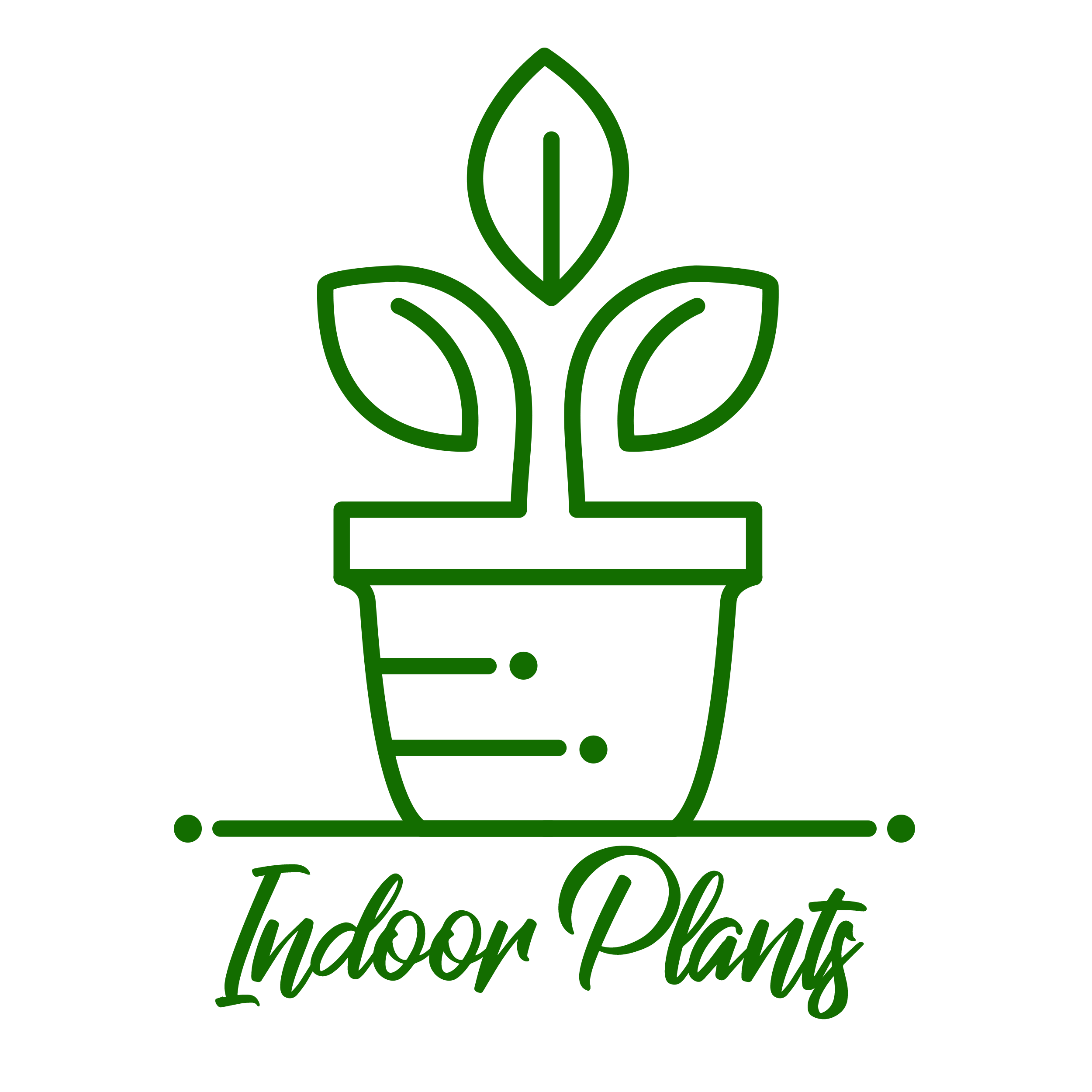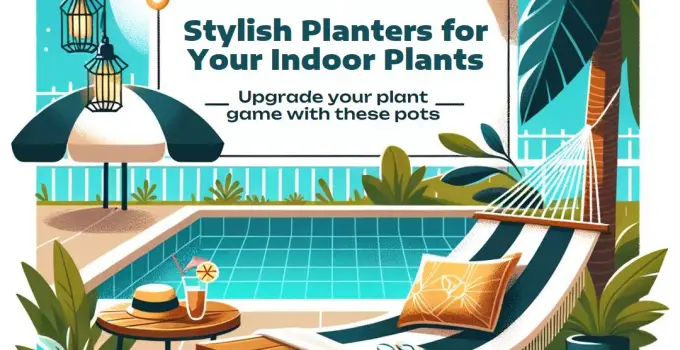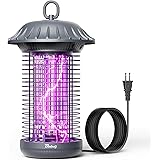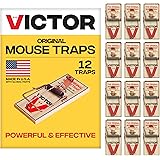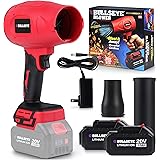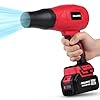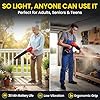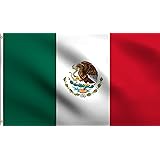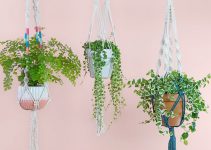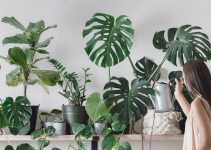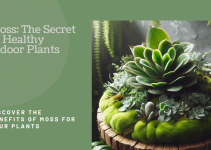Buzbug LED Bug Zapper Indoor Outdoor, Up to 50,000 Hrs Lifespan Lamps, 6.5ft Power Cord, High-Voltage, Mosquito Zapper, Fly Trap Mosquito Trap, Fly Killer Fly Zapper -MO008C (Pewter)
EUR 30.50 (as of February 27, 2026 07:13 GMT +00:00 - More infoProduct prices and availability are accurate as of the date/time indicated and are subject to change. Any price and availability information displayed on [relevant Amazon Site(s), as applicable] at the time of purchase will apply to the purchase of this product.)Victor Mouse Traps M150-12, Metal Pedal, Sustainably Sourced FSC Wood, Wooden Mouse Traps - Pack of 12
EUR 10.26 (as of February 27, 2026 02:52 GMT +00:00 - More infoProduct prices and availability are accurate as of the date/time indicated and are subject to change. Any price and availability information displayed on [relevant Amazon Site(s), as applicable] at the time of purchase will apply to the purchase of this product.)The Ultimate Guide to the Best Planters and Pots for Indoor Plants in 2024
As we embrace the natural beauty and serenity of indoor plants, it’s essential to choose the right planters and pots to complement their growth and enhance the overall aesthetics of your living space. In 2024, the market for indoor plant containers is flourishing, offering a wide array of options that cater to various styles, sizes, and functional needs.
Whether you’re a seasoned plant enthusiast or a beginner exploring the world of indoor gardening, this comprehensive guide will help you navigate the vast selection of planters and pots available. We’ll explore the latest trends, materials, and features, ensuring you make an informed decision that not only elevates the visual appeal of your indoor oasis but also promotes the health and vitality of your beloved plants.
Understanding the Importance of Planters and Pots
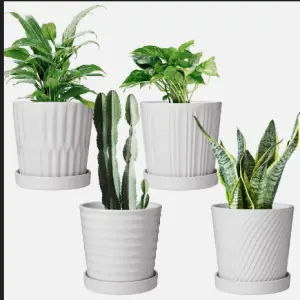
Before diving into the best options for 2024, it’s crucial to understand the role planters and pots play in the well-being of your indoor plants. These containers are more than just decorative elements; they serve as the foundation for your plants’ growth and development.
- Proper Drainage: One of the most critical functions of planters and pots is to provide adequate drainage. Excess water can lead to root rot, which can be detrimental to your plants’ health. Choosing containers with drainage holes or implementing a proper drainage system is essential.
- Air Flow and Ventilation: Plants need access to fresh air and proper ventilation to thrive. Planters and pots with strategically placed holes or openings allow for air circulation, promoting healthy growth and preventing issues like mold or fungal growth.
- Root Growth and Development: The size and shape of the container play a significant role in the root growth and development of your plants. Choosing the appropriate pot size ensures that your plants have enough room to spread their roots while preventing overcrowding or stunted growth.
- Aesthetic Appeal: Beyond functionality, planters and pots serve as decorative elements that enhance the overall ambiance of your living space. The right container can complement your interior design style, adding a touch of nature and visual interest to any room.
Factors to Consider When Choosing Planters and Pots
With a vast array of options available in the market, it’s essential to consider several factors to ensure you select the best planters and pots for your indoor plants. Here are some key considerations:
- Material: Planters and pots are available in a wide range of materials, including terracotta, ceramic, plastic, metal, and even concrete. Each material has its own unique properties, such as weight, durability, and breathability, which can impact your plant’s growth and the overall aesthetics of your space.
- Size and Shape: The size and shape of the planter or pot should be appropriate for the specific plant you plan to grow. Larger plants require larger containers, while smaller plants may thrive better in more compact options. Additionally, consider the shape and overall design of the container, as it can influence the visual appeal of your indoor garden.
- Drainage and Ventilation: As mentioned earlier, proper drainage and ventilation are crucial for the health of your plants. Look for containers with drainage holes or integrated drainage systems, as well as strategically placed openings or breathable materials to promote air circulation.
- Style and Aesthetic: Indoor plants not only bring life to your space but also contribute to the overall aesthetic appeal. Consider the style and design of the planters and pots, ensuring they complement your interior decor and personal preferences.
- Mobility and Portability: Depending on your living situation or the specific needs of your plants, you may require planters and pots that are easy to move or relocate. Opt for lightweight materials or containers with built-in wheels or handles for added mobility.
- Maintenance and Durability: Some materials require more maintenance than others, and durability can vary significantly. Consider the level of care and upkeep you’re willing to commit to, as well as the longevity of the container to ensure a long-lasting investment.
Top Planters and Pots for Indoor Plants in 2024
With the factors mentioned above in mind, let’s explore some of the best planters and pots for indoor plants in 2024, catering to various styles, budgets, and functional needs.
1. Ceramic Planters
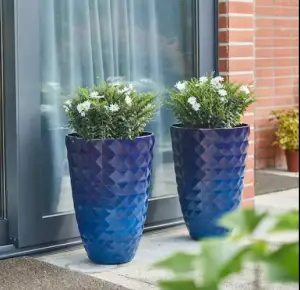
Ceramic planters have long been a favorite among indoor plant enthusiasts due to their timeless elegance and versatility. In 2024, expect to see a wide range of ceramic options, from classic terracotta to sleek, modern designs.
| Brand | Key Features | Pros | Cons |
|---|---|---|---|
| Mkono Ceramic Planters | Unique patterns and colors, drainage holes, various sizes | Stylish, durable, affordable | May be fragile if dropped |
| Le Tauci Ceramic Pots | Matte finish, minimalist design, built-in drainage tray | Elegant, easy to clean, versatile | Limited color options |
| Omysa Ceramic Planters | Handmade, glazed finish, built-in handles | Unique, artistic, ergonomic | More expensive |
2. Self-Watering Planters
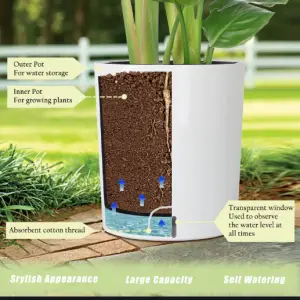
For those who frequently travel or have a busy lifestyle, self-watering planters are a game-changer. These innovative containers feature built-in water reservoirs, ensuring your plants stay hydrated even when you’re away.
| Brand | Key Features | Pros | Cons |
|---|---|---|---|
| Lechuza Self-Watering Planters | Large water reservoir, sub-irrigation system, various colors | Low maintenance, consistent moisture | Pricier than traditional pots |
| Aqua Pleure Self-Watering Planter | Clear water level indicator, cotton wicking system | Easy to monitor water levels, affordable | Limited size options |
| MKTOSUN Self-Watering Pots | Semi-transparent design, adjustable water flow | Versatile, suitable for various plant sizes | May require frequent refilling |
3. Hanging Planters
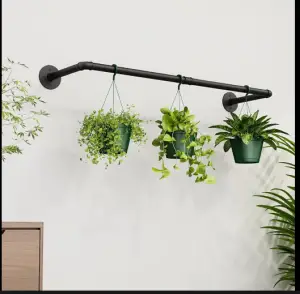
Embrace the vertical gardening trend with stylish hanging planters. These space-saving options are perfect for small living spaces or adding a touch of greenery to any room.
| Brand | Key Features | Pros | Cons |
|---|---|---|---|
| Mkono Macrame Plant Hangers | Handmade, boho-chic design, various sizes | Stylish, affordable, easy to hang | May not be suitable for larger plants |
| Kaf Home Hanging Planters | Ceramic, drainage holes, available in sets | Versatile, durable, easy to clean | Heavy when filled with soil |
| H&W Hanging Planter Baskets | Metal wire construction, removable liners | Lightweight, suitable for outdoor use | Limited design options |
4. Geometric and Modern Planters
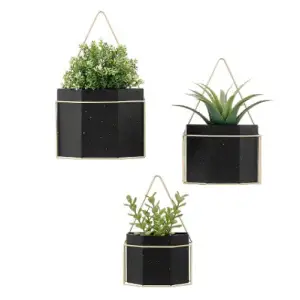
For those with a more contemporary or minimalist aesthetic, geometric and modern planters are the perfect choice. These sleek containers add a touch of sophistication to any indoor garden.
| Brand | Key Features | Pros | Cons |
|---|---|---|---|
| Chive Geometric Planters | Ceramic, matte finish, various shapes and sizes | On-trend, versatile, durable | May be prone to staining |
| Umbra Trigg Planter | Concrete and bamboo construction, drainage holes | Eco-friendly, modern design | Heavy when filled with soil |
| MyGift Hexagon Planters | Matte black, stackable design, drainage holes | Space-saving, stylish, affordable | Limited size options |
5. Eco-Friendly and Sustainable Planters
As environmental consciousness continues to grow, eco-friendly and sustainable planters have gained popularity. These options are made from recycled or biodegradable materials, reducing your environmental impact.
| Brand | Key Features | Pros | Cons |
|---|---|---|---|
| Ecopots Amsterdam Planters | Made from recycled plastic, various sizes and colors | Durable, sustainable, affordable | Limited design options |
| Bamboo Planter Pots | Crafted from natural bamboo, drainage holes | Eco-friendly, lightweight, versatile | May require more frequent watering |
| Serene Living Seagrass Planters | Woven from natural seagrass, handmade | Unique, sustainable, breathable | Fragile if handled roughly |
Caring for Your Planters and Pots
Once you’ve selected the perfect planters and pots for your indoor plants, it’s essential to provide proper care and maintenance to ensure their longevity and the continued well-being of your plants. Here are some tips to keep in mind:
- Cleaning and Disinfecting: Regularly clean your planters and pots to remove dirt, debris, and any built-up mineral deposits. Use a mild soap and warm water solution, and disinfect with a vinegar or bleach solution if needed.
- Avoiding Overwatering: Be mindful of your watering habits, as overwatering can lead to root rot, mold growth, and other issues. Follow the specific watering requirements for your plants and ensure proper drainage.
- Repotting and Root Pruning: As your plants grow, they may outgrow their current containers. Repot them into larger planters or pots, and prune any overgrown or tangled roots to promote healthy growth.
- Protecting Surfaces: Place saucers or trays underneath your planters and pots to protect surfaces from water damage and prevent stains or discoloration.
- Rotating and Relocating: Rotate your planters and pots periodically to ensure even growth and exposure to light. Additionally, consider relocating them to different areas of your home to provide varying levels of light and humidity as needed.
- Inspecting for Pests and Diseases: Regularly inspect your indoor plants for signs of pests or diseases, and take prompt action if necessary. Quarantine any affected plants and treat them accordingly to prevent further spread.
Embracing the Joy of Indoor Gardening
Indoor gardening has become more than just a hobby; it’s a way of life for many individuals seeking to bring a touch of nature into their living spaces. With the right planters and pots, you can create a serene and visually appealing indoor oasis that not only enhances your home’s aesthetics but also provides a sense of tranquility and well-being.
As you embark on your indoor gardening journey, remember to embrace the joy and therapeutic benefits that come with nurturing and caring for your plants. Whether you’re a seasoned plant enthusiast or a beginner, the act of tending to your indoor garden can be a calming and rewarding experience.
So, let your creativity flourish, experiment with different planter styles and combinations, and enjoy the process of curating a personalized and vibrant indoor garden that reflects your unique personality and style.
Common FAQs About Planters and Pots
To address some of the most frequently asked questions about planters and pots for indoor plants, we’ve compiled a list of common queries and their respective answers:
Q: How do I choose the right size planter or pot for my plant? A: As a general rule, choose a container that is approximately 2 inches wider than the root ball of your plant. This will provide enough room for growth while preventing overcrowding.
Q: Can I use regular potting soil in my indoor planters? A: While regular potting soil can be used for indoor plants, it’s often recommended to use a well-draining potting mix specifically formulated for indoor or container gardening.
Q: How often should I repot my indoor plants? A: The frequency of repotting depends on the plant species and its growth rate, but generally, most indoor plants should be repotted every 1-2 years, or when the roots become overcrowded.
Q: Are drainage holes necessary for indoor planters? A: Yes, drainage holes are essential for indoor planters to allow excess water to escape and prevent root rot. If your chosen planter doesn’t have drainage holes, consider adding a layer of gravel or creating drainage holes yourself.
Q: Can I mix and match different types of planters in my indoor garden? A: Absolutely! Mixing and matching different styles, materials, and sizes of planters can create a visually interesting and eclectic indoor garden. Just ensure that the containers complement each other and your overall decor.
Conclusion
As we venture into 2024, the world of indoor gardening continues to evolve, offering a stunning array of planters and pots to suit every style, preference, and functional need. From classic ceramic designs to innovative self-watering systems and eco-friendly options, the possibilities are endless.
By carefully considering factors such as material, size, drainage, and aesthetic appeal, you can curate a collection of planters and pots that not only nurture the growth and well-being of your indoor plants but also elevate the overall ambiance of your living space.
Remember, indoor gardening is a journey of joy, creativity, and self-expression. Embrace the opportunity to surround yourself with nature’s beauty and let your planters and pots serve as the canvas for your unique indoor oasis.
So, whether you’re a seasoned plant enthusiast or just starting your indoor gardening adventure, embrace the excitement of discovering the best planters and pots for your beloved plants in 2024. Let your indoor garden flourish, and bask in the serenity and tranquility that come with nurturing life within the walls of your home.
